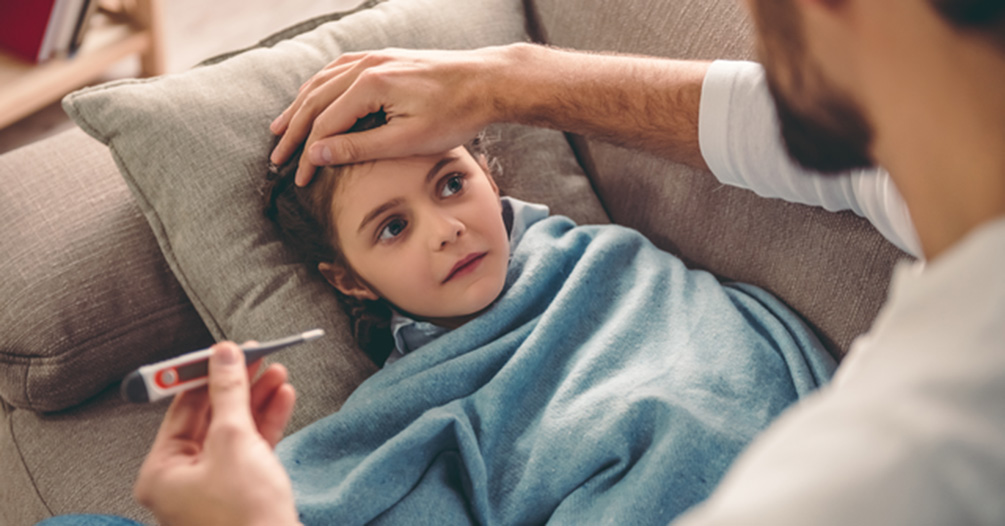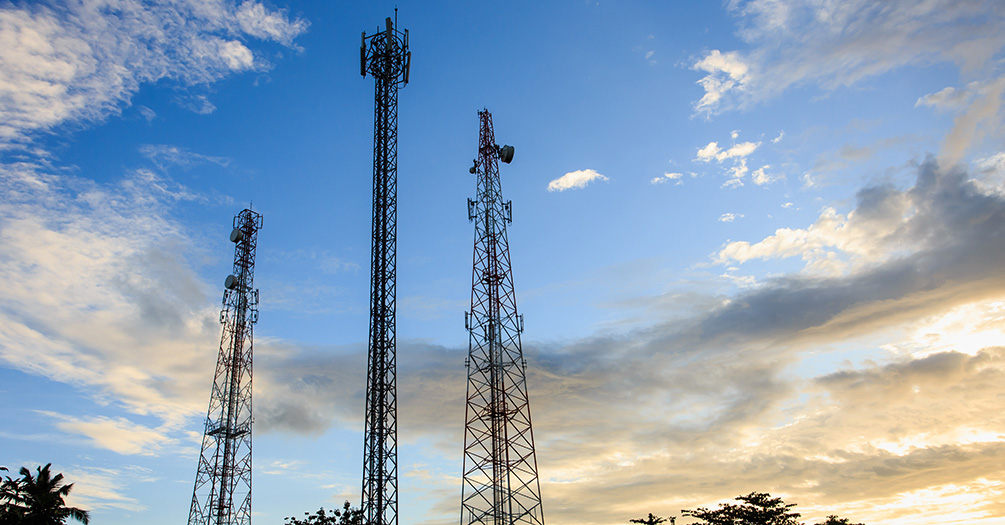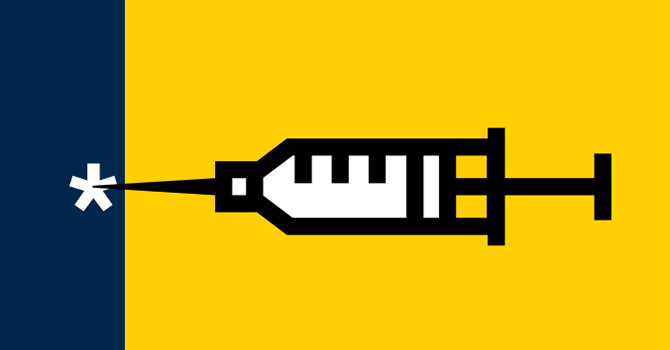
New report details racial and ethnic differences in access to care, recovery, and social impacts of COVID-19
Q&A with Blair Whittington
In this Q&A, Michigan Public Health Research Specialist Blair Whittington explains the findings from the latest report from the Michigan COVID-19 Recovery Surveillance Study (MI CReSS).





